- 1.7Kshares
- Share
- Tweet
- Facebook Messenger
It goes unsaid that life doesn’t come with a fixed expiration date. The clock can stop ticking anytime, either suddenly or via the route of the most common yet deadly health issue- Heart Attack. You might be wondering that heart attack is also a sudden killer, and you are right. However, you would also agree when I say that heart attack is a sudden outcome of your lifestyle gone wrong for months and years.
Interestingly enough, there are ways you can identify your chances of falling victim to a heart attack at least a month in advance.
But before that, let’s understand what heart attack really is.
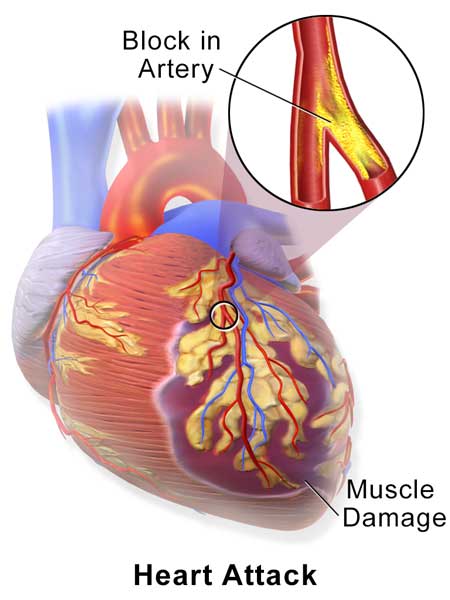
A heart-attack isn’t same as a cardiac arrest. It is the outcome of reduced blood supply to the heart muscle, which deprives it of sufficient oxygen to function in normalcy, thus causing the damage. When heart attack turns fatal, cardiac arrest swoops in. Although, there are also certain other conditions like arrhythmias or shock, that can cause a heart attack.
Therefore, following symptoms are all in some way or the other related to the poor blood flow. And hence, it makes sense to learn from these signs and get the circulatory system in its best shape.
1. Do you stay excessively fatigued out?

Considering the hectic work culture of today, feeling too tired to move a muscle is not an unusual symptom for most of us. However, feeling drained and wiped out more often than not is a sign that your heart is receiving less blood. This occurs as a result of narrowing of your arteries that supply blood to the heart, thereby making it pump harder to supply the blood to the rest of the body parts. And so, you end up feeling extremely tired.
2. Do you often suffer shortness of breath?

Cardiovascular and respiratory systems are interdependent. When your heart receives less blood, less blood is supplied to your lungs, thus you run short of breath. When less blood reaches the heart, it causes it to pump blood to the rest of the blood ineffectively. This ultimately results in reduced supply of oxygen by lungs. This is one of the most awfully sound sign.
3. Do you experience sudden dizziness and cold sweats often?

Ever experienced the dizziness followed by cold sweats, caused when you suddenly got up from your chair or bed? This is a result of a poor cardiac function which reduces the supply of blood to the brain. Unusual episodes of cold sweats and dizziness are signs of an impending heart attack.
4. Do you experience some sort of pressure/discomfort in the chest?
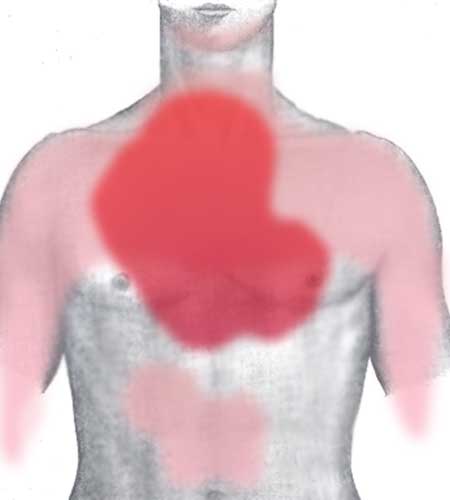
Poor blood flow results in the lack of oxygen supply to the heart, which ultimately leads to chest discomfort. It makes you feel fuller and/or a squeezing sensation in the chest. The pain increases eventually, paving the way for heart attack.
5. Do you keep feeling weak?

Narrowing of the arteries -> reduced blood flow -> reduced oxygen -> weakness
6. Does your upper body pain constantly?
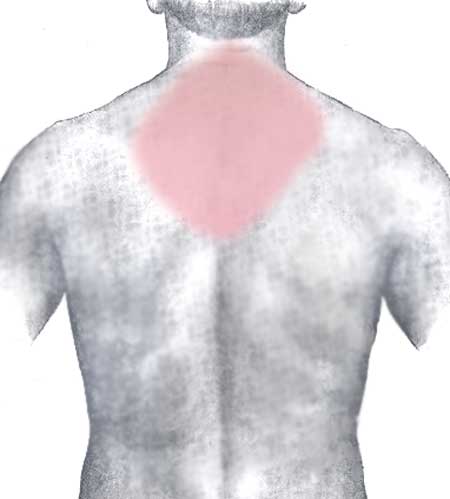
Pain in the upper portion of the body, encompassing back, chest, shoulders, jaw, tooth, head, upper stomach, etc. is considered an early sign of a heart attack.
7. Do you keep getting symptoms of influenza?
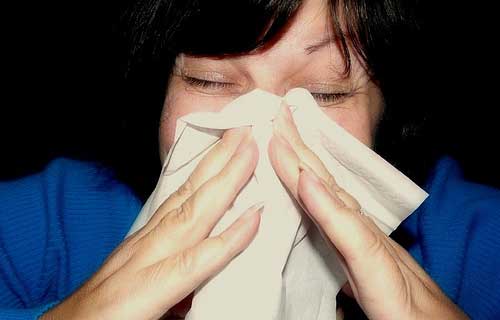
There have been incidences of people developing flu-like symptoms right before suffering a heart attack.
8. Do you constantly feel nauseous?
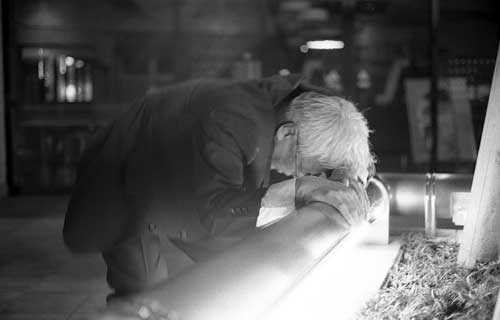
Frequent episodes of nausea and vomiting are also seen as early signs.
While these are some of the significant symptoms, you might also be aware of something called silent heart attack, which as the term says, occurs silently and suddenly with no symptoms whatsoever.
It should be understood that these signs may or may not bring you a heart attack, but it goes unsaid that they won’t lead you anywhere good either. If you or any of your loved one is battling these symptoms on a frequent basis, seek help immediately. There’s nothing like an early prevention than taking chances with life later on, isn’t it?
Stay smart. Stay safe. 🙂
Fact Sources: MedicineNet.com, Daily Nutrition News, NHLBI, Healthy Living House
- 1.7Kshares
- Share
- Tweet
- Facebook Messenger




